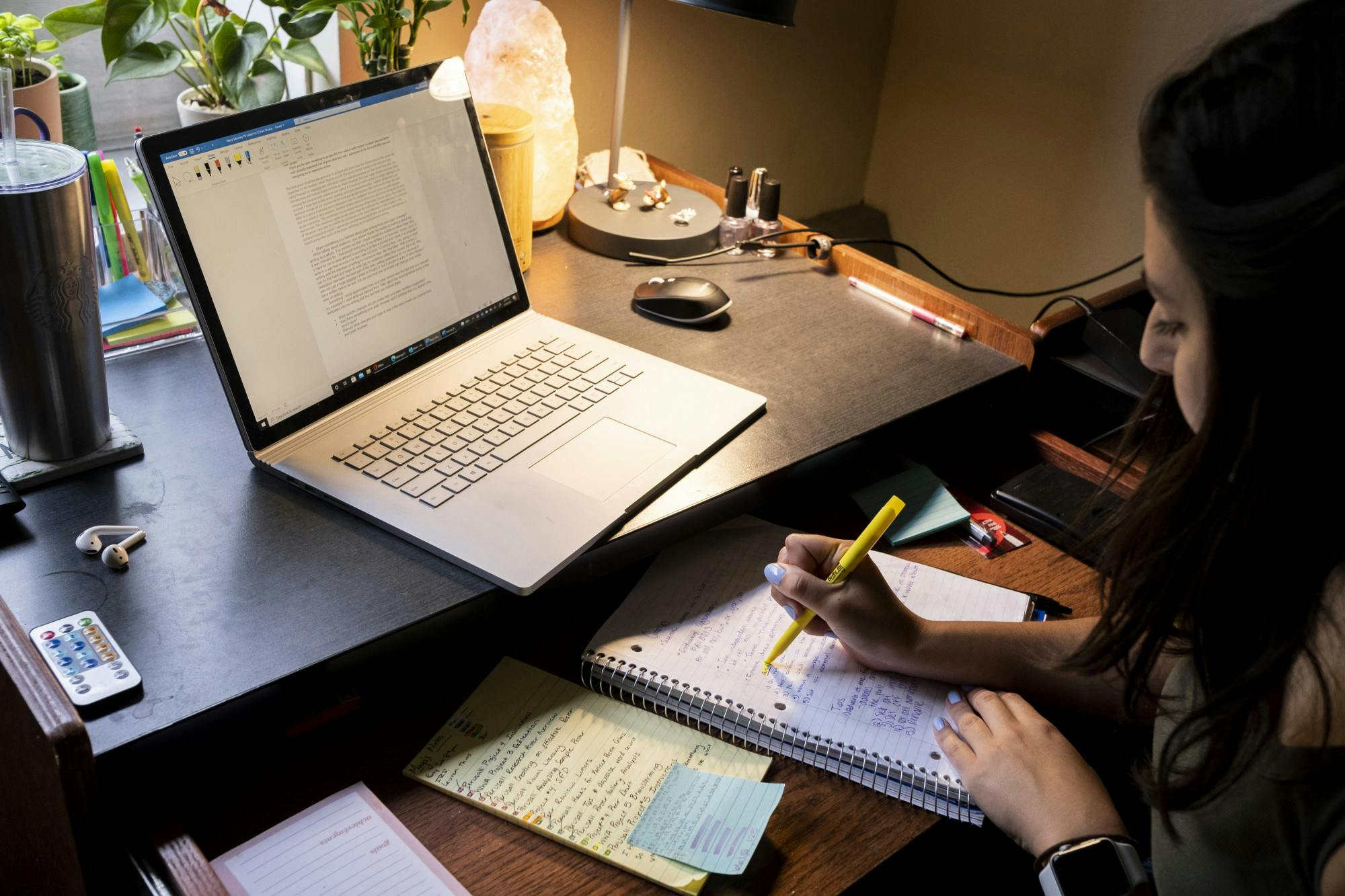With the start of in-person classes on Sept. 1, a slew of positive COVID-19 cases has popped up in classrooms across Michigan State University’s campus. In response, numerous faculty have requested, and been denied, a modality switch to online instruction.
The early detection program set up by the university has been busy, contact-tracing and alerting students of possible close contact with the virus. According to university policy, students who receive these notices are still expected to attend the class in which there is a suspected case.
For some students and faculty, this expectation is unacceptable. On Twitter, students demanded that the university allows for a swift change to online instruction for those who feel unsafe.
MSU Deputy Spokesperson Dan Olsen said that modality change requests are judged and decided by the leadership of the classes' respective departments.
“At the end, the decision is left with the college dean and department chair,” Olsen said. “If folks want to make that request, that’s the appropriate channel to make those requests.”
It would appear that most requests so far have been denied. The State News was only able to find one class that had allegedly moved online due to COVID-19 case concerns — although this is still unconfirmed. Olsen said that every request is being considered separately based on their unique case.
“These are all a case by case situation, and each case is warranting its own review of the circumstances,” Olsen said. “Some of that could include the number of individuals in a class that tested positive.”
A number of faculty believe this is not good enough, and some have taken to social media to vent their concerns.
Associate Professor of anthropology Stacey Camp said on Twitter that, “We need to stand against this ridiculous policy,” after another faculty member was potentially exposed while teaching, but was denied a modality change.
While the university has not responded to the criticism specific to the modality policy, it has made adjustments to compensate for an increased demand for testing. According to Olsen, the COVID-19 Early Detection Program is making it easier for students to get tested without partaking in long wait times at local testing sites.
“We’re expanding that opportunity for our Spartan community who may just want that extra peace of mind on a one-off basis as well,” Olsen said.
The university has indicated if someone tests positive in an in-person class, students will receive a positive exposure email. Students with close contact with the positive case will be sent a close contact email with recommended procedures.
If they did not have close contact, vaccinated and unvaccinated students are still encouraged to attend the in-person class.
If students feel they need accommodations, they may speak with their professors to receive them, Olsen said.
Olsen said being in close contact is defined as the student who tests positive identifying who was near or within six feet of them in class. If the student cannot recall who was in close contact, the entire class will still receive the possible exposure email.
In a Sept. 3 email, MSU President Samuel L. Stanley Jr. announced the university received nearly 60,000 responses to the COVID-19 vaccine verification form.
Of the respondents, 88% of students, faculty and staff indicated they are fully vaccinated, and 7% indicated they received the first does of a two-dose vaccine.
Editor's note: This article was updated at 1:54 p.m. to reflect that students may seek accommodations with professors if needed after someone in their class tests positive with COVID-19.
Support student media!
Please consider donating to The State News and help fund the future of journalism.
Discussion
Share and discuss “Class modality switch denials lead to blowback from students, staff” on social media.







